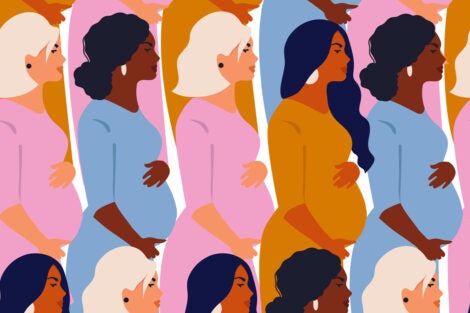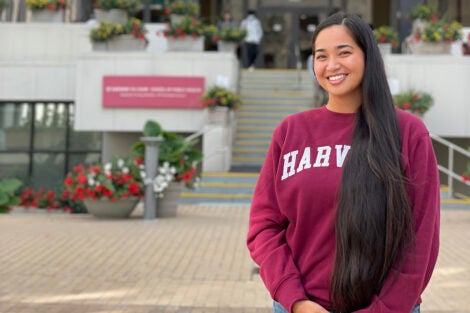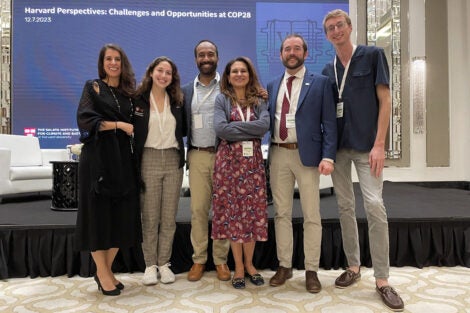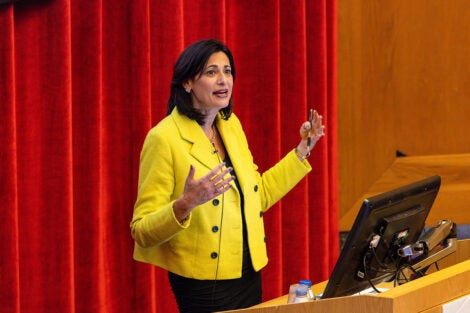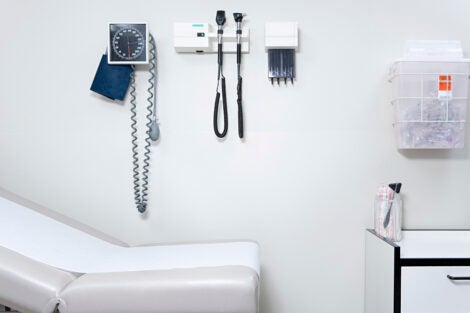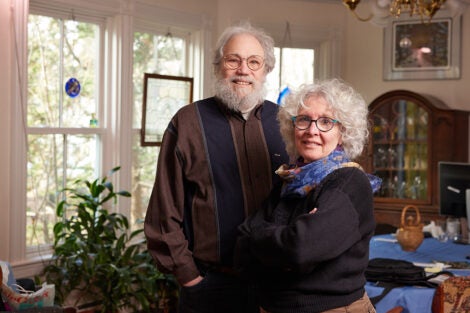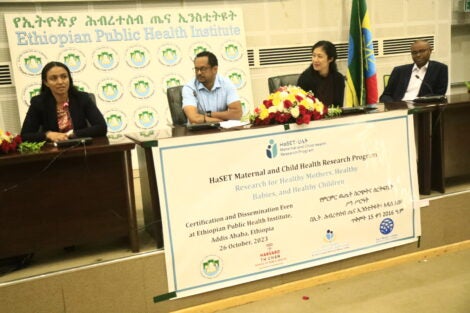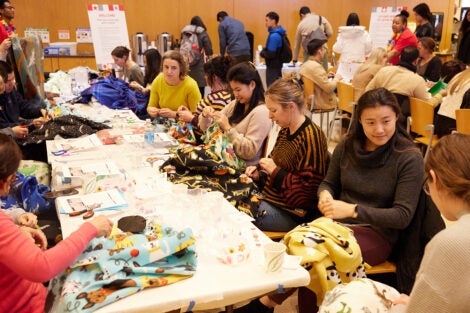At the 16th Kolokotrones Symposium, experts discussed the importance of including pregnant people when testing vaccines and drugs, the challenges of collecting data for that population, and research methods that could help fill the data gap.
Momi Afelin was inspired by her community’s commitment to preserving traditional practices and restoring the local food system to study nutrition and planetary health.
Harvard faculty reflected on participated in COP28, the two-week international climate summit held this year in Dubai.
At the 175th Cutter Lecture on Preventive Medicine at Harvard Chan School, Rochelle Walensky shared major challenges she faced and lessons learned during her tenure as director of the Centers for Disease Control and Prevention.
Drawing on data from a 15-country survey, researchers aim to fill in what they see as a crucial gap in many health system assessments—the opinions of health care consumers.
Obstetric units are closing at a growing number of hospitals across the U.S. As a result, many patients are being forced to travel farther to give birth and receive prenatal and postpartum care.
Experts at Harvard Chan School’s Emergency Preparedness Research, Evaluation & Practice (EPREP) Program have studied the pandemic and other public health emergencies to gain insight into best practices for communicating effectively about health risks during such situations.
An EPA plan to eliminate all of the nation’s lead pipes in 10 years relies heavily on research conducted by Harvard Chan School’s Ronnie Levin and Joel Schwartz.
The HaSET Maternal and Child Health Research Program recently celebrated a series of milestones towards improving health in Ethiopia and beyond.
Members of the Harvard Chan School community gathered in Kresge cafeteria on December 5 to take part in the School’s second Day of Service.
